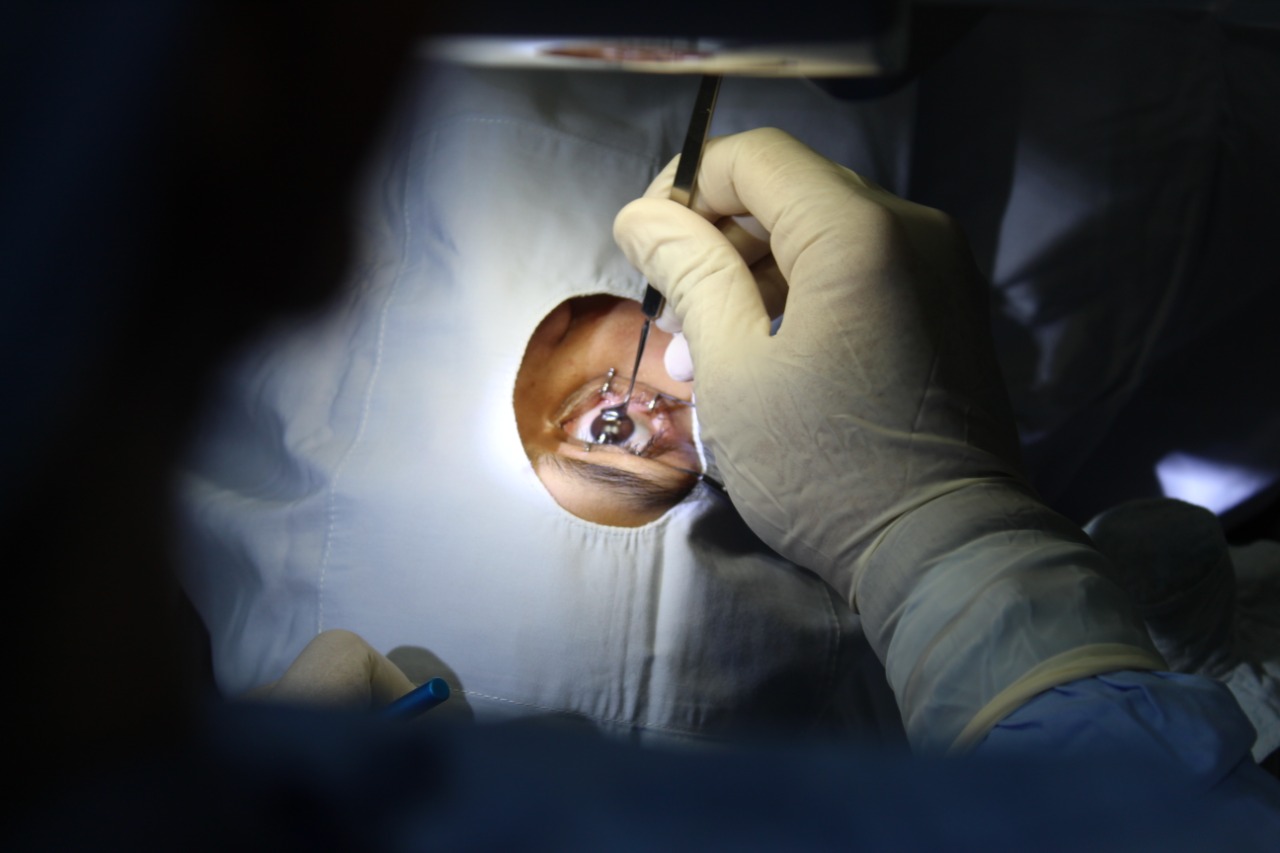LASIK (Laser-Assisted In Situ Keratomileusis) surgery has become one of the most popular vision correction procedures worldwide. It promises clear vision and freedom from glasses or contact lenses. However, many prospective patients often ask: Is LASIK surgery safe?
Understanding LASIK Surgery
LASIK is a refractive eye surgery that reshapes the cornea to correct vision problems such as myopia (nearsightedness), hyperopia (farsightedness), and astigmatism. The procedure involves creating a thin flap on the cornea, reshaping the underlying tissue with a laser, and then repositioning the flap for natural healing.
Safety of LASIK Surgery
LASIK is generally considered safe, with millions of successful procedures performed globally. However, like any surgical procedure, it carries potential risks. Understanding the pros and cons can help patients make an informed decision.
Pros of LASIK Surgery
- High Success Rate – Studies indicate that over 96% of LASIK patients achieve 20/20 vision or better.
- Quick Procedure – The surgery typically takes about 15-20 minutes per eye.
- Minimal Pain – Patients are given numbing eye drops, ensuring the procedure is virtually painless.
- Fast Recovery – Most patients experience improved vision within 24 hours and can return to normal activities in a couple of days.
- Long-Lasting Results – Once stabilized, the vision correction is generally permanent, eliminating the need for glasses or contacts.
Potential Risks and Complications
- Dry Eyes – Some patients experience temporary dryness, which can last for a few months post-surgery.
- Glare and Halos – Nighttime glare, halos, and starbursts around lights may occur, particularly in low-light conditions.
- Flap Complications – Since LASIK involves creating a corneal flap, there is a small risk of flap dislocation or improper healing.
- Undercorrection or Overcorrection – In rare cases, patients may still need glasses for specific activities if the correction is not optimal.
- Regression – A small percentage of patients may experience a gradual decline in vision over time, requiring an enhancement procedure.
Who Should Avoid LASIK?
While LASIK is safe for most people, certain conditions may make someone ineligible for the procedure. Individuals with the following conditions should consult an ophthalmologist before considering LASIK:
- Severe dry eye syndrome
- Thin or irregular corneas
- Advanced glaucoma or cataracts
- Autoimmune disorders (e.g., lupus, rheumatoid arthritis)
- Unstable vision prescription (frequent changes in prescription within the past year)
Is LASIK Right for You?
The decision to undergo LASIK should be based on a thorough consultation with an eye specialist. Factors such as age, eye health, lifestyle, and vision stability play a crucial role in determining eligibility.
Shiv Jyoti Eye Hospital, Ahmedabad, Gujarat
For those considering LASIK, Shiv Jyoti Eye Hospital in Ahmedabad, Gujarat, offers expert consultation and advanced vision correction procedures. With state-of-the-art technology and experienced ophthalmologists, the hospital provides comprehensive eye care services tailored to individual needs.
Conclusion
LASIK Surgery is a safe and effective vision correction procedure for many individuals. Advancements in technology have minimized risks and improved outcomes. However, as with any surgery, there are potential side effects and complications. A comprehensive eye examination and consultation with a trusted ophthalmologist can help determine if LASIK is the right choice for you.
